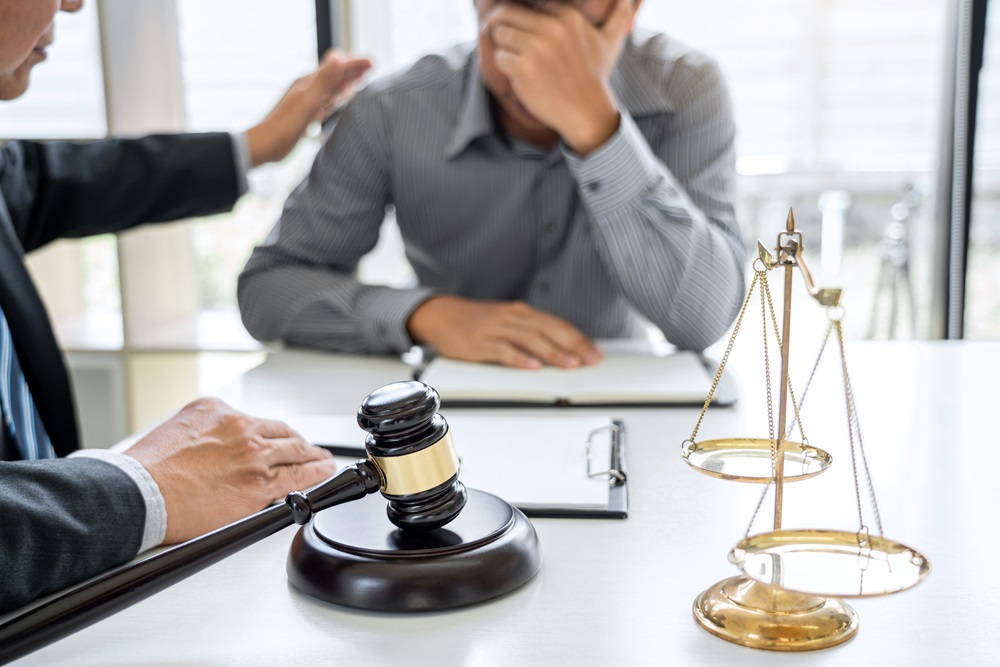Human trafficking is one of the most heinous crimes that exploit vulnerable individuals to conduct labour and partake in sexual exploitation and other forms of abuse. The United Kingdom, like many other nations, recognises the urgent need to combat this modern-day slavery. In response, the UK has implemented robust legislation to tackle human trafficking, protect victims, and prosecute perpetrators.
This article delves into the key laws surrounding human trafficking in the UK and their role in combating this grave issue.
The modern slavery act 2015
The cornerstone of the UK’s efforts to combat human trafficking is the Modern Slavery Act 2015. This comprehensive legislation consolidates various offences related to human trafficking, slavery, forced labour, and domestic servitude. The Act is designed to increase the conviction rate for trafficking offences, protect victims, and enhance international cooperation in tackling this transnational crime.
Under the Act, human trafficking offences can carry severe penalties, with perpetrators facing life imprisonment and unlimited fines. The legislation also introduces a modern slavery commissioner responsible for advising the government on anti-trafficking measures and ensuring effective implementation of the Act’s provisions. So, if you or someone you know or are legally affiliated with is accused of human trafficking, you will need to seek the advice of a criminal solicitor.
Identification and protection of victims
The UK acknowledges the importance of identifying and supporting victims of trafficking. The National Referral Mechanism (NRM) is a framework designed to identify and assist potential victims. Frontline professionals, such as police officers, social workers, and NGOs, play a crucial role in referring potential victims to the NRM.
Once identified, victims are entitled to protection and support, regardless of their cooperation in criminal proceedings; this includes access to accommodation, legal advice, medical care, and counselling. The UK government works closely with NGOs and charities to provide specialised care to help victims recover from their harrowing experiences.
Prosecution and law enforcement
The UK is committed to prosecuting those involved in human trafficking. The National Crime Agency (NCA) works tirelessly to dismantle trafficking networks and bring perpetrators to justice. Additionally, the Act empowers courts to issue Slavery and Trafficking Prevention Orders and Slavery and Trafficking Risk Orders to restrict offenders’ activities and protect potential victims.
The Act also includes provisions for extra-territorial jurisdiction, enabling the prosecution of UK nationals who commit trafficking offences overseas. This measure reinforces the UK’s commitment to combating trafficking globally.
Prevention and public awareness
Preventing human trafficking is a vital aspect of the UK’s strategy. Public awareness campaigns aim to educate communities and potential victims about the signs of trafficking and how to seek help. By engaging with the public, the UK encourages reporting and intervention, thereby disrupting trafficking networks.
The Role of the Gangmasters and Labour Abuse Authority (GLAA)
The GLAA plays a crucial role in safeguarding workers from exploitation within the labour market. The GLAA focuses on sectors vulnerable to labour abuse, such as agriculture, construction, and hospitality. The authority investigates and prosecutes labour law violations, including instances of human trafficking related to forced labour.




